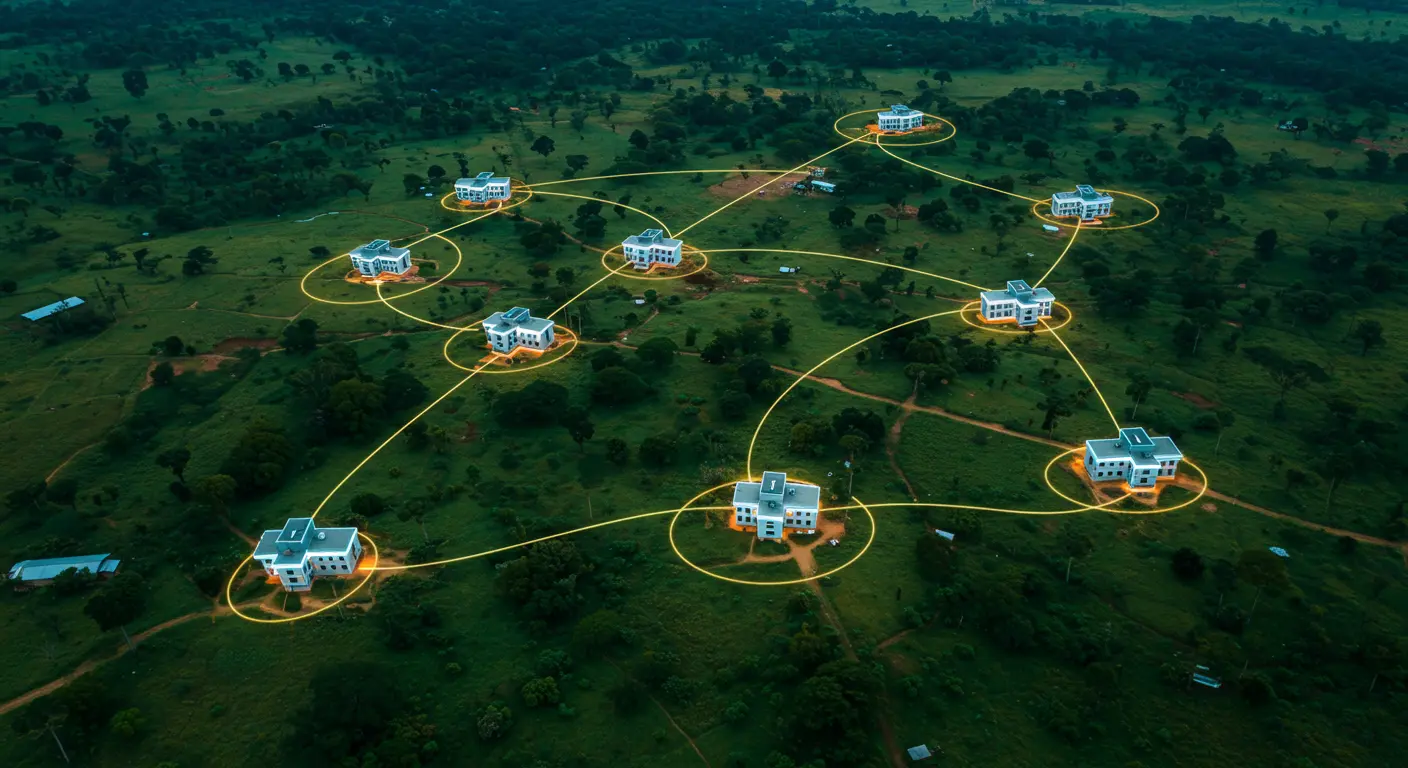Thank you! Your submission has been received!
Oops! Something went wrong while submitting the form.
Showing
8
of
25
Sort by

Implementation Science
•
July 2025 - Present
Catalyzing equitable AI – LLM for Kenyan youth
This comprehensive evaluation examines the scale-up of community-based NCD prevention programs across Kenya, Uganda, Pakistan, and Bangladesh using the RE-AIM framework. Following 45 community interventions reaching 125,000 people over 18 months, we identify key implementation determinants for successful scaling. Programs with strong community ownership achieved 73% sustainability at 24 months, while those with adequate funding and local leadership showed 89% fidelity to core intervention components.

BMJ Global Health
•
March 2025 - July 2025
7201802 – Management of NCDs in Central Africa
This implementation study addresses the critical shortage of emergency physicians in rural Africa by developing standardized training protocols for non-physician clinicians to manage NCD emergencies. Across 30 rural hospitals in Kenya and Uganda, we trained 150 clinical officers and nurses in emergency NCD protocols. The program resulted in 52% improvement in emergency NCD outcomes, 38% reduction in referral rates, and cost savings of $2.1M annually while maintaining safety standards.

JMIR mHealth and uHealth
•
August 2024 - December 2024
R21HL150459 – Capacity of Kenyan EDs for NCD emergencies
This RCT evaluates a culturally-adapted WhatsApp-based platform for NCD self-management among 1,200 urban Pakistani adults with diabetes and hypertension. The intervention includes automated medication reminders in Urdu, peer support groups, and direct messaging with healthcare providers. After 12 months, intervention participants showed 45% better medication adherence, 28% improvement in blood pressure control, and 31% reduction in emergency department visits compared to standard care.

Medical Education
•
2024
R21DA052790 – Text-based tobacco cessation in Kenyan ED
This intervention study implements evidence-based gender equity programs across 20 medical universities in Kenya, Uganda, Ghana, and Nigeria. Using the CFIR framework, we developed culturally-adapted mentorship, leadership training, and institutional policy changes targeting systemic barriers facing women academics. Results show 67% increase in women in senior positions, 78% improvement in research funding success rates for women faculty, and significant institutional culture changes measured over 24 months.

The Lancet Planetary Health
•
January 2025 - May 2025
CBPR, m-Health, AI
As extreme heat events increase across East Africa, emergency departments face unprecedented challenges managing climate-induced NCD complications. This multi-country implementation study across 25 hospitals in Kenya, Uganda, and Tanzania develops evidence-based protocols for heat-related cardiovascular and diabetic emergencies. Our climate-adapted triage system reduced heat-related NCD mortality by 34% and improved resource allocation during temperature extremes above 35°C.

Nature Digital Medicine
•
April 2024 - August 2024
ED-based epidemiology & interventions
This groundbreaking study develops culturally-adapted machine learning algorithms for early NCD detection using basic health measurements accessible in rural settings. Trained on data from 15,000 patients across Kenya and Uganda, our AI model achieves 89% accuracy in predicting diabetes risk and 92% accuracy for hypertension using only BMI, age, family history, and simple questionnaire responses. The low-cost screening tool requires no specialized equipment and can be deployed via smartphones by community health workers.